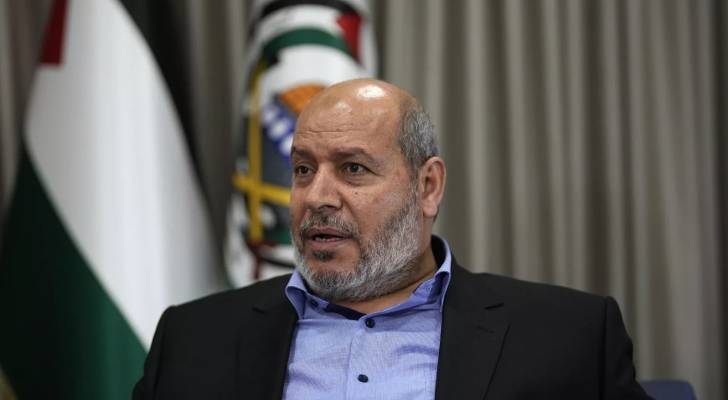Jordan, IMF reach staff-level agreement on fourth EFF review
The Jordan Times
AMMAN — The International Monetary Fund (IMF) and Jordan have reached a staff-level agreement following the fourth review under the Extended Fund Facility (EFF) and the first review under the Resilience and Sustainability Facility (RSF).
In a statement issued on Tuesday, the IMF stressed that Jordan's implementation of the EFF remains firmly on track, with the country continuing to pursue sound macroeconomic and fiscal policies, alongside structural reforms aimed at boosting economic resilience, supporting private-sector-led growth, and promoting job creation.
The fund said that Jordan’s economic growth accelerated to 2.7 per cent in the first half of 2025, while inflation stabilised at around 2 per cent.
The IMF praised the Central Bank of Jordan for maintaining monetary stability and the dinar’s peg to the US dollar.
Under the RSF, approved in June 2025, the fund said that Jordanian authorities are progressing with reform measures designed to address long-standing vulnerabilities in the water and electricity sectors, and to bolster the country’s preparedness for public health emergencies.
The IMF said that these efforts are expected to enhance Jordan’s economic outlook and support balance of payments stability.
Subject to Executive Board approval, the completion of the fourth EFF review would make available 97.784 million Special Drawing Rights (SDRs), equivalent to approximately $130 million.
The first RSF review would also unlock 79.182 million SDRs (around $114 million) from a total of 514.650 million SDRs (roughly $744 million) previously approved, the statement said.
The fund noted that Jordan’s economy continues to display resilience, thanks to the government’s commitment to prudent economic management and robust international support.
Growth in the first half of the year was driven by broad-based economic activity, while fiscal performance is said to be on course to meet this year’s budget deficit targets, supported by measures to boost revenue collection and broaden the tax base.
The current account deficit is expected to decline to around 5 per cent of GDP, driven by higher tourism revenues and increased exports.
Inflation is likely to remain around 2 per cent, backed by the central bank’s steadfast commitment to monetary stability and strong foreign currency reserves.
Jordan’s banking sector remains healthy, with adequate liquidity and strong capital buffers, the IMF said.
Barring further economic shocks, growth is expected to exceed 3 per cent in the coming years, fuelled by large investment projects, including the National Water Carrier Project, and deeper regional economic integration, particularly with Syria, Lebanon, and Iraq.
The government remains committed to gradually reducing public debt, aiming to lower it to 80 per cent of GDP by 2028, the IMF said. “This will be achieved through fiscal consolidation while safeguarding priority social and development spending.”
The authorities also plan to accelerate structural reforms to boost growth and employment, especially in light of persistently high unemployment rates, notably among youth and women.
Reform efforts will focus on improving the business environment, enhancing competition, increasing labour market flexibility, and strengthening the social safety net, it said.
Further plans include digitalising government services, including tax and customs administration, and simplifying regulations.
Latest News
-
 Syrian defense minister announces "comprehensive ceasefire" with Kurds
Syrian defense minister announces "comprehensive ceasefire" with Kurds
-
 King holds phone call with US president
King holds phone call with US president
-
 Crown Prince meets winners of Al Hussein Award for voluntary service
Crown Prince meets winners of Al Hussein Award for voluntary service
-
 Clashes erupt in Aleppo between Syrian army and SDF, dozens displaced
Clashes erupt in Aleppo between Syrian army and SDF, dozens displaced
-
 First round of Gaza talks concludes in ‘positive atmosphere': Egyptian media reports
First round of Gaza talks concludes in ‘positive atmosphere': Egyptian media reports